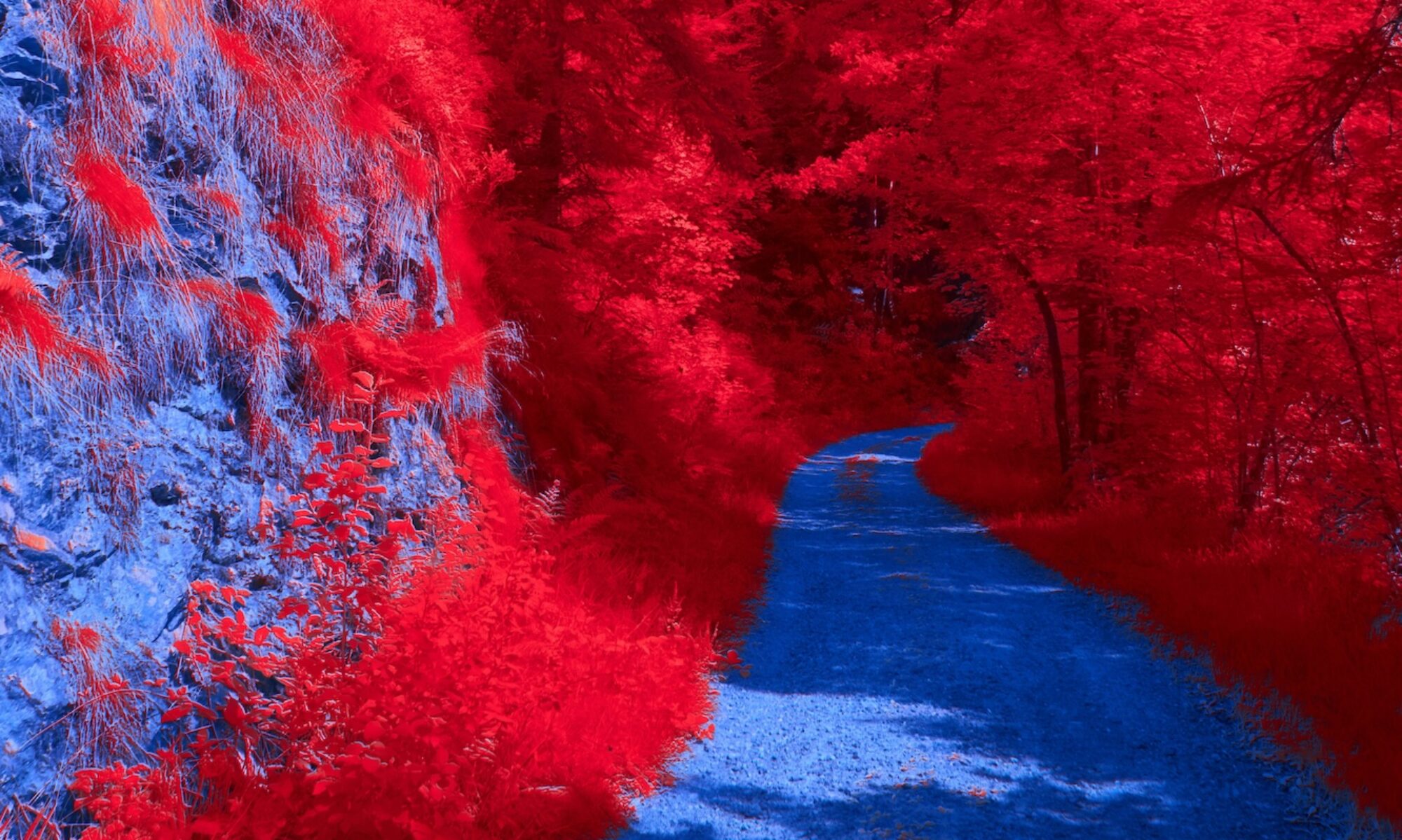The following is the best thing I read last month. It’s an op-ed by the “sane, hilarious voice” of Ben Kawaller, an L.A.-based writer and Free Press contributor who believes in good-faith debate and the importance of finding consensus in our polarized times. He is on a mission to understand our country’s division.
He is wise. He is funny. Here is his mid-March contribution, entitled, “It’s Harder to Hate the Other Side When You Come Face to Face”:
* * * * *
I recently went to Mardi Gras and spent a couple days committing the ultimate faux pas: talking politics at a party. Knowing that in vino veritas—or at least, in vino ludicrum (thank you, Google Translate)—my plan was to ask people, in their inebriation, what they would change about America if they were in charge. I figured these interrogations would yield some insights into the collective psyche of a polarized nation.
The primary insight: what polarized nation? Polarized suggests a clustering around the extremes—and while I spoke to a few enthusiastically left- and right-wing partygoers, they were at least matched by people describing themselves as moderate, independent, or completely disengaged. And many of the partisans were lukewarm. One black gay guy described himself as ‘liberal. . . ish.’ When I guessed that one twentysomething boatyard worker from Maine leaned conservative he said, ‘Meh. Sure.’ One elderly black woman who loved Obama and JFK resisted the label liberal entirely, as did two local high school seniors, though they rejected the word conservative as well (‘I feel like that’s just so aggressive.’). When I asked another woman if she was conservative, she was stunned (though her reflexes seemed generally dulled). ‘I’m gay!’ she told me. Did that mean she was a liberal? “I don’t know,” she slurred, then added, ‘Your camerawoman’s kinda hot.’ This was hardly a population seething with pre–civil war rage.
Perhaps that’s no shocker—this was a bacchanal, not a constitutional convention—but you would think that if we were on the brink of a ‘national divorce,’ at least someone would have said something like, ‘The problem is liberals,’ or ‘Everything would be great without Republicans.’ In fact, the overwhelming response to ‘How do we fix America?’ was a plea for greater kindness and less division.
It was gratifying, as someone generally critical of the left’s culture wars, to see my own opinions so gloriously reflected by these people on the street. For instance, when I asked six self-identified liberals what the left gets wrong, two interviewees (both of them black) specifically cited ‘racism’ and ‘race-baiting.’ It was quite something, I thought, that in 2024 any African American should feel the need to remind his fellow liberals that ‘We’re all human.’
Other critiques were similar. ‘We can be sanctimonious,’ one liberal-leaning voter told me. Another leftist lamented the inability to ‘relate to each other as individuals.’ Another cited ‘cancel culture,’ suggesting that the left is too ‘inclusive’ of ‘over-thinkers.’ I would call them jerks.
I got less self-critique from the right, but they’ve always been savvier at this kind of thing. If it’s self-flagellation you’re after, nothing beats Democrats.
Was I conducting a rigorous piece of political science? No, I was shooting the breeze with drunk people. But more serious adults have researched the psychology of our electorate, and their findings echo my own suspicions: that most Americans make up an ‘exhausted majority‘ whose views aren’t represented either by the orthodox left or the far right. The amplification of those extremes—and, I would argue, a craven kowtowing among the political right and the cultural left to each group’s most radical elements—gives an impression of a nation more ‘polarized’ than it actually is.
My trip to New Orleans was the first in a series of stops I’ll be making around the country over 2024 to understand how people’s political identities (or lack thereof) are affected by this year’s face-off between two deeply unpopular heads of two increasingly unpopular parties. I hope to find out what real Americans actually think. And, as I have always thought of myself as a healer of nations, I hope to help bridge some of our supposed divides.
Or at least not make things any worse.
* * * * *
Ben will be making regular reports across the country for the Free Press this year. Looks like it will be wise to tune in.
Respectfully…
AR
